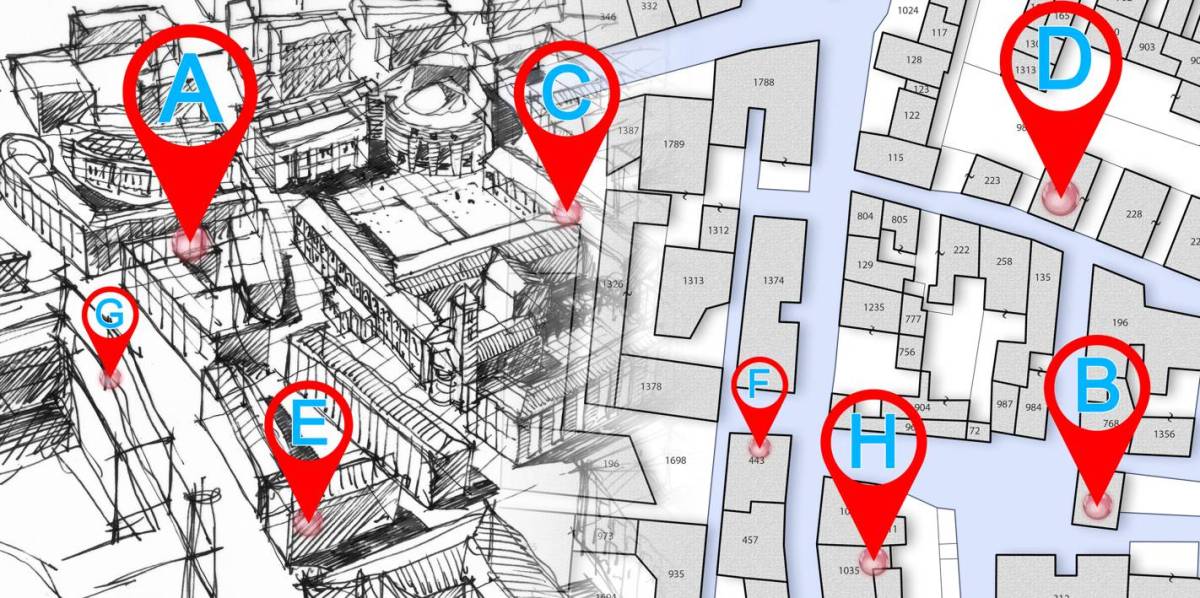Critical incident mapping laws crop up in at least 11 states

At least 11 states this month unanimously passed critical-incident mapping laws or state-level initiatives for schools that give first responders more accurate operating pictures of schools and help public safety agencies collaborate during emergencies such as an active shooters or natural disasters.
States with new laws or measures include Delaware, Florida, Illinois, Kentucky, Maryland, Michigan, Nebraska, New Jersey, Texas, Virginia and Wisconsin.
The wave of bipartisan legislation reflects a growing push to fund critical incident mapping technology in schools nationwide. In 2023, Florida lawmakers passed legislation allocating $14 million in funding for school safety programs, mandating that all schools in the state purchase critical incident mapping technologies that enable data collection.
“This is common sense legislation. When first responders are racing against time to save lives, they cannot waste precious minutes trying to make sense out of an inaccurate map,” Wisconsin State Senator Van Wanggaard who drafted his state’s legislation, said in an announcement by Critical Response Group, a firm that provides incident mapping data to 14,000 schools across the country. “When the police and fire departments are working off of different maps due to incompatible software, it could put people at risk.”
Critical incident mapping pairs high-resolution aerial imagery with verified floor plans, site-specific labels and grid overlays. Mapping data is fed to software used by public safety agencies, including 911 centers, computer-aided dispatch platforms and mobile applications, with the aim of improving communication during emergency response.
Critical Response Group claims that its incident mapping technology was developed by U.S. military operations veterans and adopted for use in schools to produce detailed maps for emergency responders.
“We took a mapping technique that was perfected through thousands of repetitions and lessons learned overseas, and worked with law enforcement experts and practitioners to develop a domestic solution that would address the well-documented challenges unique to public safety responses,” Mike Rodgers, Critical Response Group’s chief executive, said in a press release.



